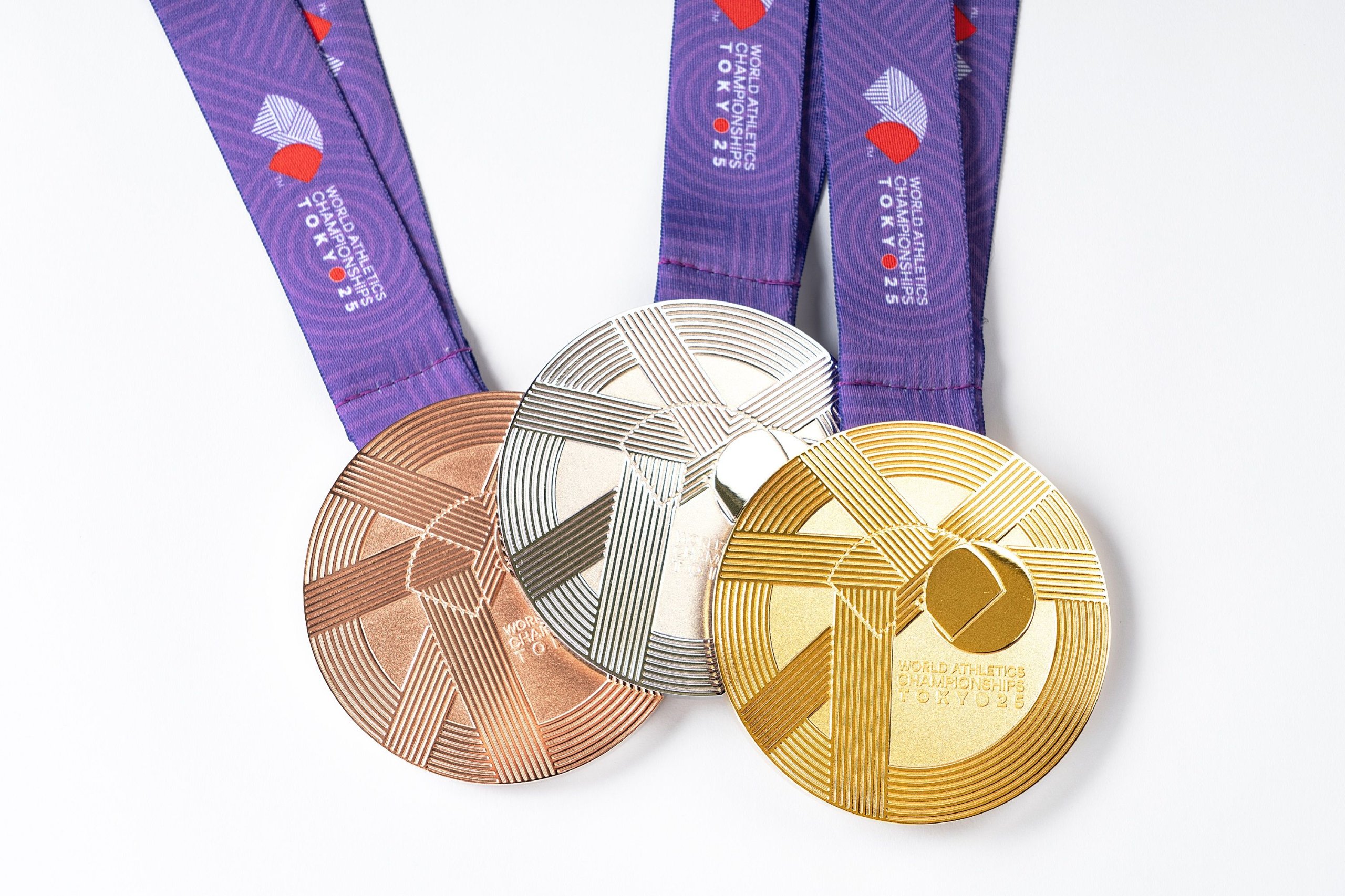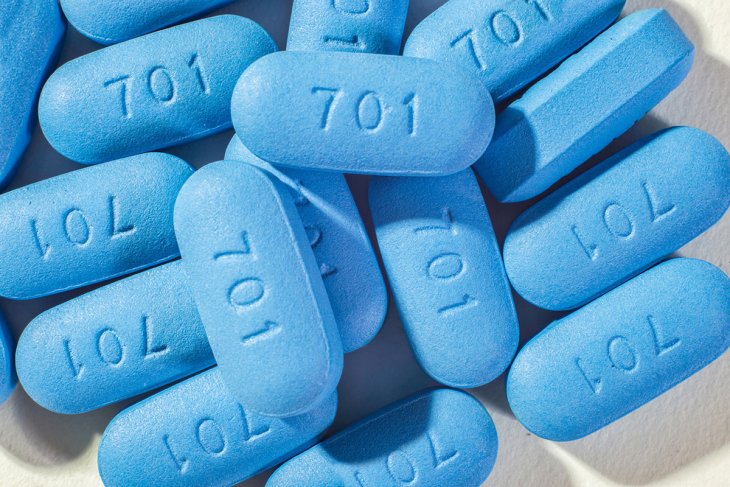Critics Warn of Harmful Consequences for Gender-Diverse Athletes
Female athletes aiming to compete in international women’s track and field events will be required to undergo a one-time genetic test to confirm biological sex, under new regulations from World Athletics set to take effect September 1, according to a press release.
The policy, announced ahead of the 2025 World Championships in Tokyo, mandates testing for the SRY gene, which typically indicates the presence of a Y chromosome and is used as a marker of male biological sex. The test can be administered via blood sample or cheek swab and will be overseen by national federations under World Athletics’ supervision.
The update provides procedural clarity for competitions moving forward but deepens what has long been one of track and field’s most polarizing debates — the eligibility of transgender women and athletes with differences in sex development (DSD). Critics say the policy singles out and targets gender-diverse athletes, particularly trans women and intersex athletes, while imposing no such testing on cisgender men or trans men.
Alejandra Caraballo, of the Harvard Law Cyberlaw Clinic, noted in a BlueSky post that a previous attempt to test women athletes ruined their lives and led to the suicide of Pratima Gaonkar, an intersex swimmer who won a silver medal in the 4×400 relay in the Junior Asian Athletics Championships, among other tragedies and near-fatalities.
World Athletics currently bans transgender women who have gone through male puberty from competing in women’s categories, and imposes strict testosterone suppression requirements on DSD athletes. The new rule, recommended by a working group earlier this year, adds a pre-competition SRY gene screening as an eligibility prerequisite.
The issue of gender verification in sport has caused international controversy since Caster Semenya, a South African runner with DSD, rose to prominence after winning her first world title in the 800 meters in 2009. Semenya became the public face of the debate, especially after refusing to comply with World Athletics’ 2018 policy requiring athletes like her to reduce their natural testosterone levels to compete.Just three weeks ago, Semenya won a partial legal victory at the European Court of Human Rights in Strasbourg, France, which ruled that she had not received a fair hearing when the Swiss Supreme Court upheld the sport’s prior regulations. While the judgment did not overturn World Athletics’ DSD policy, it cast further doubt on the legal processes behind those rules.























